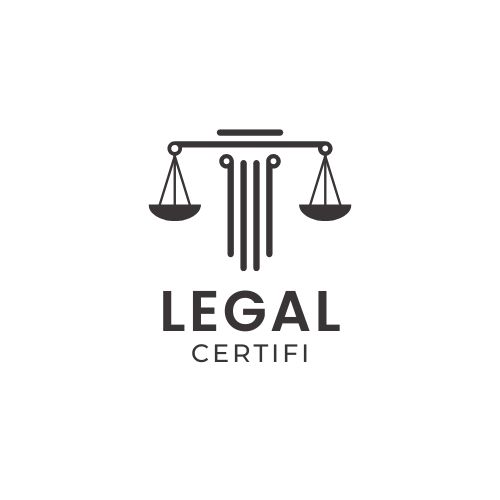Summary:
Recovery scams are ripoffs that prey on victims of established financial scams by falsely promoting that they will recover lost funds for a fee. Recovery scams can take on many different forms, often mimicking legitimate refund recovery services or promoting themselves as an extension of some kind of official body, including credible regulatory agencies. Recovery scam victims are generally told to fear unsolicited requests, upfront fees, and peculiar communication styles. Recovery scams have proliferated with the rise of crypto and other financial frauds. Below will be a detailed overview of what recovery scams are, how to spot them, and how to avoid them.
What Are Recovery Scams?
In recovery scams, the scammer reaches out to individuals who have previously been defrauded because they have already lost money in a financial fraud. The scammer poses as a legitimate company that will recover the victim’s lost funds (after they pay them an upfront recovery fee or share sensitive information with the scammers). Often, both identity and emotional decoys are deployed, such as using false identities, using the logos of real agencies, and using emotionally charged language.
Common Tactics in Recovery Money Scams:
- Upfront fees and payment – Demanding upfront money before they consider providing a service.
- Use identity decoys – Using names impersonating or masquerading as legitimate institutions.
- Requesting personal information – Under the merchant of refund processing, are frequently request actual banking credentials and IP addresses.
- Asking for secrecy – Typically, they tell victims not to tell their bank or to inform the authorities about the case.
Types of Recovery Scams
1. Cryptocurrency Recovery Scams
Scammers target victims who have lost their crypto and supposedly help retrieve their funds using a money recovery app or blockchain tracing tools. Once the victim pays a fee or gives them their wallet information, they disappear.
2. Stolen Vehicle Recovery Scams
Scammers claim to have recovered stolen vehicles, charge the victim an upfront towing fee, and disappear.
3. Tech Support Refund Scams
Refund scams are where a victim receives an email saying they have a refund for a service subscription and calls the fake number. They end up installing something to allow remote access and lose their money again due to the scammer manipulating screens in their banking or not recovering their subscription.
4. Utility Bill Refund Scams
Scammers pose as a provider of electricity, gas, etc., and offer refunds from their fraudulent utility company, tricking victims into giving them their account information, which can be used to scam the victim further.
5. Tax Refund Recovery Scams
The victim is told they overpaid taxes and must confirm their bank information or identification information, and that they will receive a tax refund, or will be given nothing.
How to Spot a Money Recovery Scam?
Possible indicators:
- Unsolicited money recovery service with promises of recovering funds.
- Urgency or pressure to act instantly.
- No legitimate contact details.
- Saying they have inside information or privileged access to information.
Need Help With Fund Recovery?
If you’ve been targeted by a recovery scam or lost money in a financial fraud, don’t fall for fake promises. Reach out to trusted professionals at LegalCertifi.com for transparent, reliable guidance on your recovery options.
Check more scam broker reviews here.
To receive current updates, you can follow us, receive expert opinions and warnings about scams, please join us on:










Leave a Reply